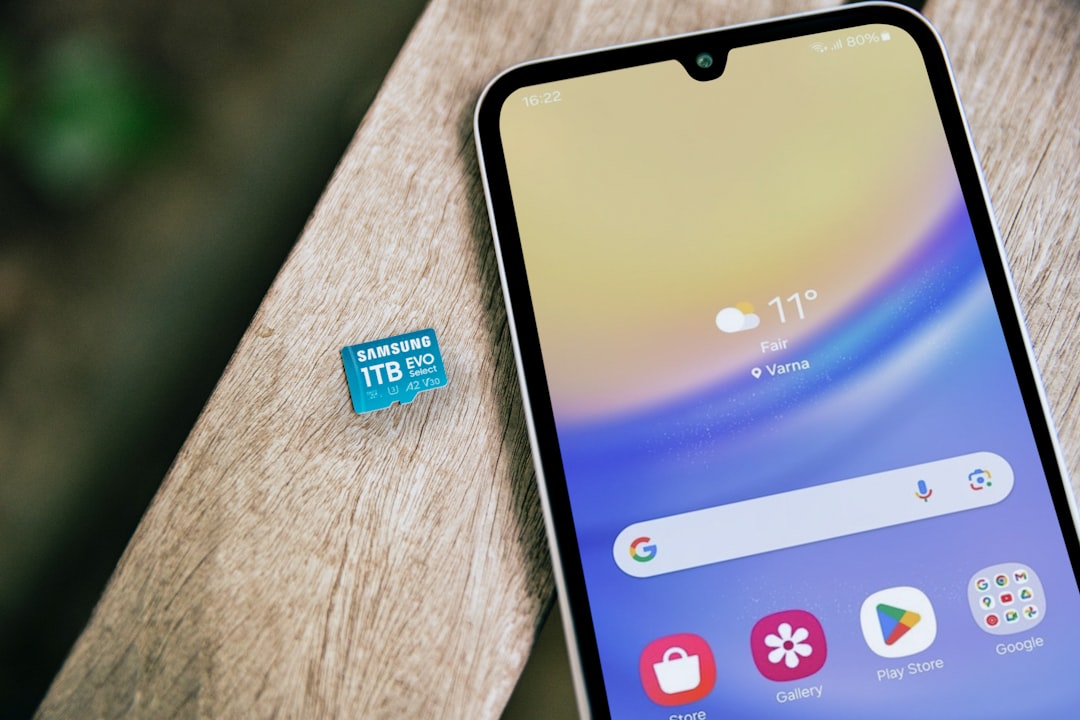Do Not Call (DNC) laws protect consumers from intrusive telemarketing calls by giving them control over their privacy. By registering on the FTC-managed DNC list, individuals can block most sales pitches. Data brokers, who gather and sell personal data, contribute to unwanted calls despite DNC laws. To reduce these calls, opt out of data broker lists, use call blocking features, share contact info selectively, and update online privacy settings regularly. Proactive protection of personal information is crucial in today's digital era.
Tired of unwanted phone calls? Understanding and leveraging Do Not Call Laws (NC) is a powerful step towards reclaiming your privacy. These laws protect consumers from relentless marketing calls, but their effectiveness hinges on knowing how data brokers operate. This article guides you through the process of opting out of data broker lists, offers effective strategies to reduce call intrusion, and provides additional measures for enhanced privacy protection under Do Not Call regulations.
Understanding Do Not Call Laws (NC) and Their Importance
Do Not Call laws, or NC laws, are a crucial set of regulations designed to protect consumers from unwanted telemarketing calls. These laws give individuals the power to opt out of receiving such calls, ensuring their privacy and peace of mind. The importance of understanding and utilizing these laws cannot be overstated, especially in today’s digital age where personal data is highly valued. With many companies employing aggressive sales tactics, knowing your rights under NC laws can help you regain control of your time and information.
By registering your number on the Do Not Call list, you’re taking a significant step towards reducing intrusive calls. This list, maintained by the Federal Trade Commission (FTC), acts as a barrier, blocking most telemarketing calls from registered numbers. It’s an effective way to prevent unwanted contact and is especially beneficial for those who value their personal space and wish to avoid sales pitches at all costs.
Identifying Data Brokers and Their Role in Calls
Data brokers play a significant role in facilitating unwanted calls, often leading to frustration among consumers. These entities collect and sell personal information from various sources, including public records, purchase history, and online activity. Once this data is aggregated, they license it to telemarketers, who use it to generate phone lists for promotional campaigns. This practice can result in a deluge of calls, especially for those on Do Not Call (DNC) registries.
Understanding the role of data brokers is crucial in navigating and opting out of these calls. Consumers should be aware that while Do Not Call Laws (DNC) protect individuals from unsolicited calls, they do not always prevent data-driven telemarketing strategies. By identifying and blocking access to their personal information, users can significantly reduce the volume of such calls.
Steps to Opt Out of Data Broker Lists
Opting out of data broker lists is a crucial step in reducing unwanted calls, especially those from telemarketers. The process varies slightly depending on your location but generally follows a straightforward procedure. Start by reviewing your rights under the Do Not Call (DNC) laws, particularly in your state and country. These laws empower you to register your number and restrict marketing calls.
Next, visit the official website of the major data brokerages known for selling consumer information. Look for their opt-out or “do not sell” pages. Here, you’ll find options to remove your contact details from their databases. Each brokerage may have its unique process, but most will require you to enter your personal information, including your full name, address, and phone number, to confirm your request. Regularly checking these opt-out lists ensures that your preference not to be contacted is respected by these third-party companies.
Effective Strategies to Reduce Unwanted Phone Calls
To significantly reduce unwanted phone calls, especially from data brokers, it’s crucial to understand and leverage Do Not Call Laws (DNC). The first step is to register your number on the National Do Not Call Registry, a federal list that restricts telemarketing calls. This simple act can cut down on many unsolicited calls. Regularly reviewing and updating your settings on your phone’s call blocking features can also help. Many modern smartphones offer built-in tools to block specific numbers or types of calls.
Additionally, being selective with how you share your contact information is key. Avoid providing your number unless absolutely necessary. When required, consider using a temporary or virtual phone number that forwards calls but keeps your primary line hidden from marketers. Also, be wary of pre-recorded messages and hang up immediately if you recognize the number as a telemarketer. Remember, persistent unwanted calls are not only annoying but may also be illegal; be proactive in protecting your privacy.
Additional Measures for Enhanced Privacy Protection
To further fortify your privacy protections, consider implementing additional measures beyond simply registering for Do Not Call Laws (NC). One effective step is to review and update your privacy settings on all online accounts. Many platforms offer granular controls over what data you share and with whom. Regularly auditing these settings ensures that your personal information remains secure.
Additionally, being cautious about the apps you install and the permissions they request can significantly reduce the amount of data brokers have access to. Review app permissions carefully and limit those that seem unnecessary or overly broad. This simple step can serve as a powerful barrier against unwanted data collection and subsequent call intrusions.






